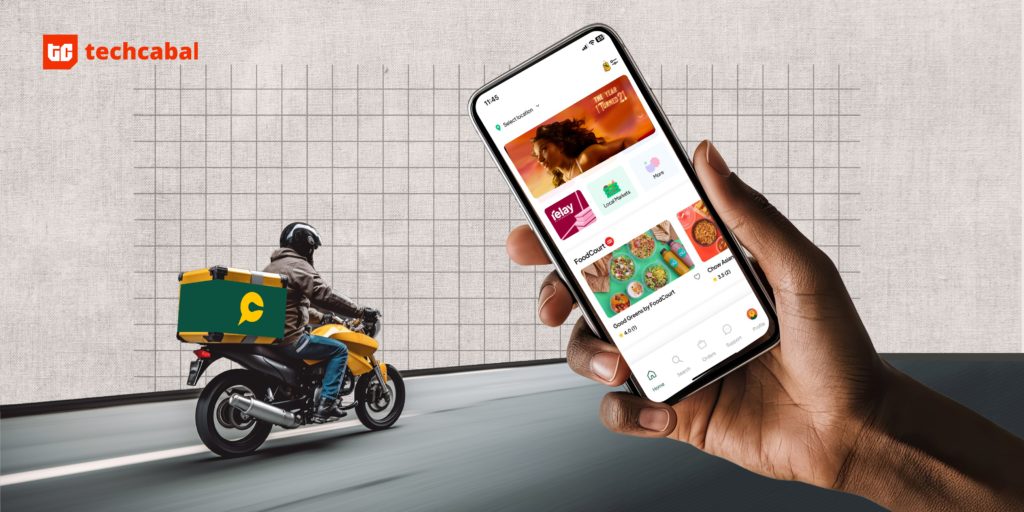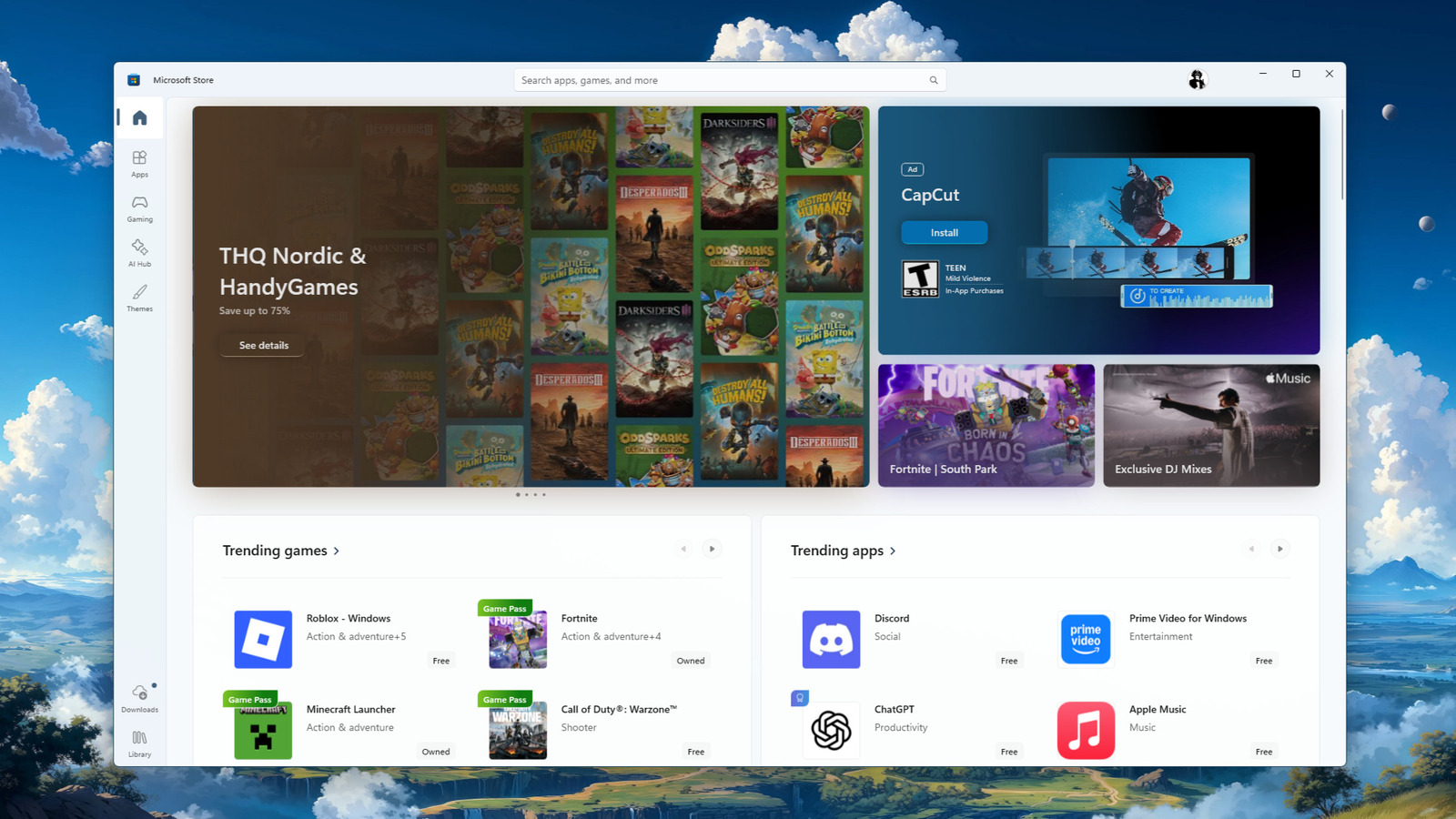Chowdeck, the Nigerian on-demand delivery platform, is no longer just delivering meals. With a new feature that lets users pay bills, it’s now delivering financial services too. The new Bills tab allows users to buy airtime and data directly from the app, marking Chowdeck’s first consumer-facing fintech product. It comes one week after the company said it processed a record one million orders.
At the same time, Chowdeck has completed the full technical migration of Mira, the point-of-sale (POS) startup it acquired in June 2025. A merchant email sent on Monday, November 10, confirmed the integration of Mira’s businesses and infrastructure onto Chowdeck’s system. With both moves unfolding within the same window, Chowdeck is executing a two-pronged rollout that extends its reach from consumers to merchants, each side of a growing marketplace now tied together by Chowdeck’s rails.
This shift represents a clear evolution in strategy. Frequency creates habit, and habit creates the opportunity to layer financial services on top. Adding bill payments shows that Chowdeck is taking the first step to monetise its user base beyond delivery fees, turning transactional behaviour into financial engagement. On the merchant side, the Mira migration anchors the company’s position as a technology provider rather than merely a logistics partner, giving it control over both the consumer’s wallet and the merchant’s till.
Chowdeck is building a closed-loop ecosystem where the money spent on food orders and bill payments can circulate within its own infrastructure. This transition moves it away from the thin margins of delivery into the higher-value territory of payments and financial flows. For users, it means a single app that handles everyday needs, from ordering meals to ordering groceries and topping up airtime and data. This will potentially make Chowdeck a daily-use utility rather than an occasional convenience. For merchants, the integration promises a unified tool for delivery, in-store payments, and settlement, reducing the operational complexity of juggling multiple providers.
The timing is deliberate. Chowdeck announced a $9 million Series A in August 2025 and has since positioned itself as more than a logistics company. As competition intensifies in Nigeria’s crowded fintech market, where fintechs like OPay and PalmPay dominate consumer payments, Chowdeck’s advantage lies in its existing behaviour loop: thousands of users opening the app several times a week for food orders. Extending that loop to payments allows it to convert attention into financial activity.
Still, the road to becoming a super app is fraught with challenges. Integrations add technical complexity and can expose companies to regulatory scrutiny under KYC and anti-money laundering rules. On the merchant side, retention will depend on the reliability of Chowdeck’s POS system: its uptime, settlement speed, and reconciliation accuracy. Each of these details will determine whether Chowdeck can sustain the seamless experience that made its delivery product successful.
Nigeria’s platform wars are accelerating, with nearly every major platform fighting to become the country’s default digital lifestyle app. Chowdeck’s bet is that the road to that future runs through food, where daily frequency becomes financial dominance. Whether it can translate delivery efficiency into financial trust will decide if it can truly bridge the gap between the wallet and the till.








